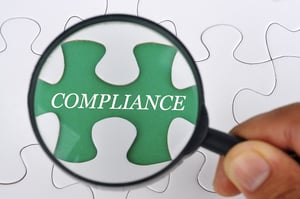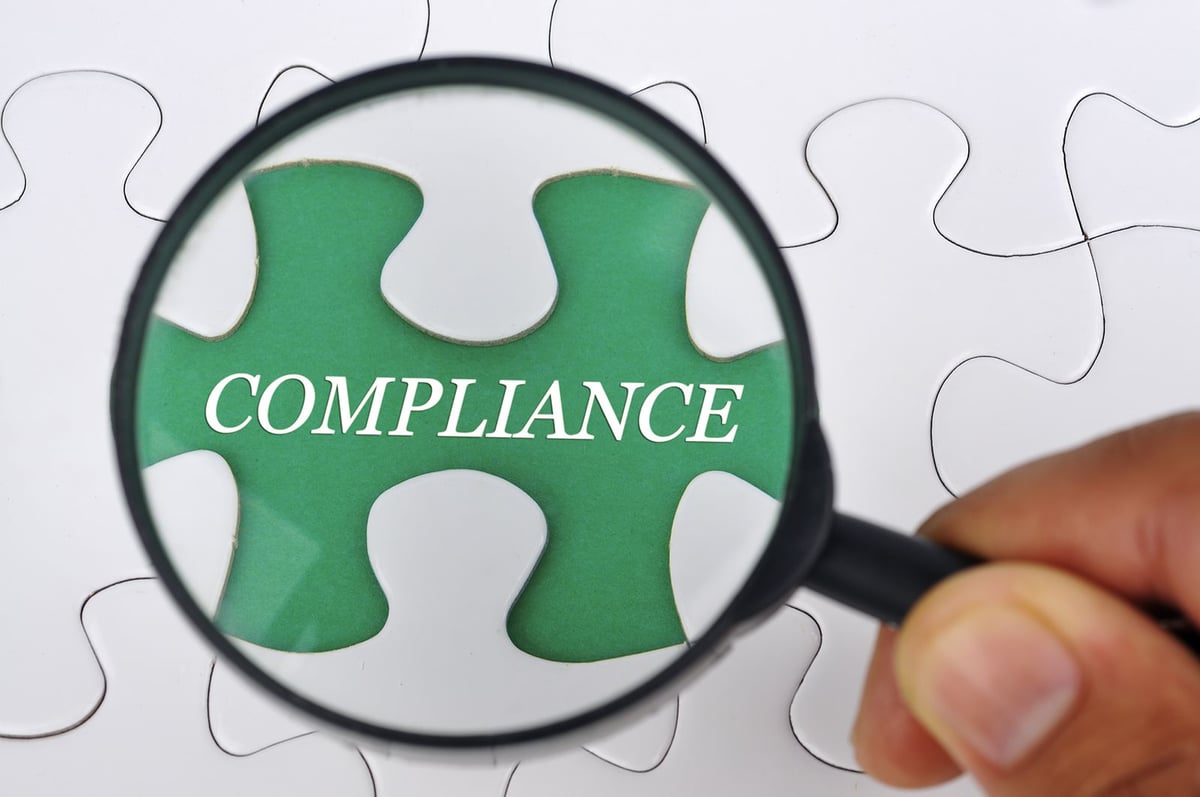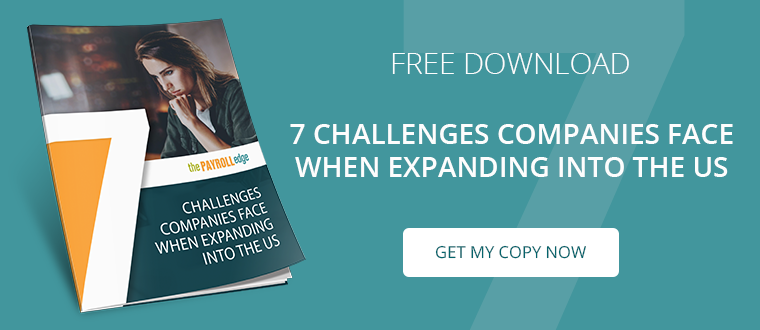 Growth is a goal for every business. One way to grow is to expand beyond your national borders. If you’re thinking about taking your business international in scope, you might be eyeing the US market for your first expansion.
Growth is a goal for every business. One way to grow is to expand beyond your national borders. If you’re thinking about taking your business international in scope, you might be eyeing the US market for your first expansion.
One of the things Canadian firms need to be aware of when they expand, however, is the issue of HR compliance. You may think that US and Canadian cultural similarities mean you’ll find similar work cultures and regulations. This is where many Canadian business owners face challenges as they expand south.
Why do you need to put HR compliance at the top of your list of priorities? You might think there are many other concerns for a business expanding internationally. Here are some of the reasons why HR compliance should be first in line.
Compliance Helps You Avoid Penalties
As you know, employment is governed by labour legislation in both Canada and the US. Just like in Canada, if you’re not following labour laws, you could find yourself penalized by any number of government agencies or law enforcement bodies.
A good example in the US is worker misclassification. Worker misclassification has become a concern for governments and the IRS in recent years. The IRS allows workers and employers to challenge classification. If the IRS finds misclassification has occurred, it has the power to levy penalties on the employer.
Several states have followed with legislation of their own. These laws lay down penalties for employers who misclassify employees, on top of any federal penalties.
Maintaining good HR compliance can help you avoid these sorts of penalties, which can help you lower your costs.
Non-Compliance Could End with a Lawsuit
Another reason HR compliance is important is that you could find yourself at the wrong end of a lawsuit. While the US has different regulations, there are still cases where you as the employer may be found culpable.
More and more employees are suing over discrimination in the workplace. Bias and discrimination are major concerns during the hiring process and in the workplace. What’s more, workers are beginning to win more of these cases.
Compliance helps you avoid this situation by creating a welcoming, unbiased environment for your employees.
Compliance Helps You Attract Talent
The talent market in the US has been tightening up. Low unemployment means there are fewer job seekers. In turn, it’s harder for employers to hire the right people.
In this market, you want to leverage every advantage available to you, including your employer reputation. If you maintain HR compliance, you’re more likely to have a reputation as a good employer. Talented job seekers will want to work with you.
Compliance also helps you keep that same talent. A non-compliant workplace environment isn’t the best place for workers, and many of them will leave. The candidate market makes many people more confident they’ll be able to find a new position quickly, which increases the likelihood they’ll leave.
HR Compliance Contributes to Your Bottom Line
The best reason to maintain compliance for your HR operations in the United States is that it will contribute to your bottom line.
How? HR compliance works to create a better workplace environment for your employees. As a result, your people will likely be more motivated and engaged. Higher employee engagement often translates into increased productivity. Higher productivity results in higher revenue.
That’s to say nothing of the savings you’ll see by avoiding penalties, fines, and costly lawsuits over HR compliance. Since compliance also lowers turnover, it bolsters the bottom line by reducing hiring and training costs.
It’s easy to see why HR compliance needs to be on your radar. If you need a hand maintaining compliance or becoming compliant, get in touch with a PEO.




 Download Now
Download Now 

